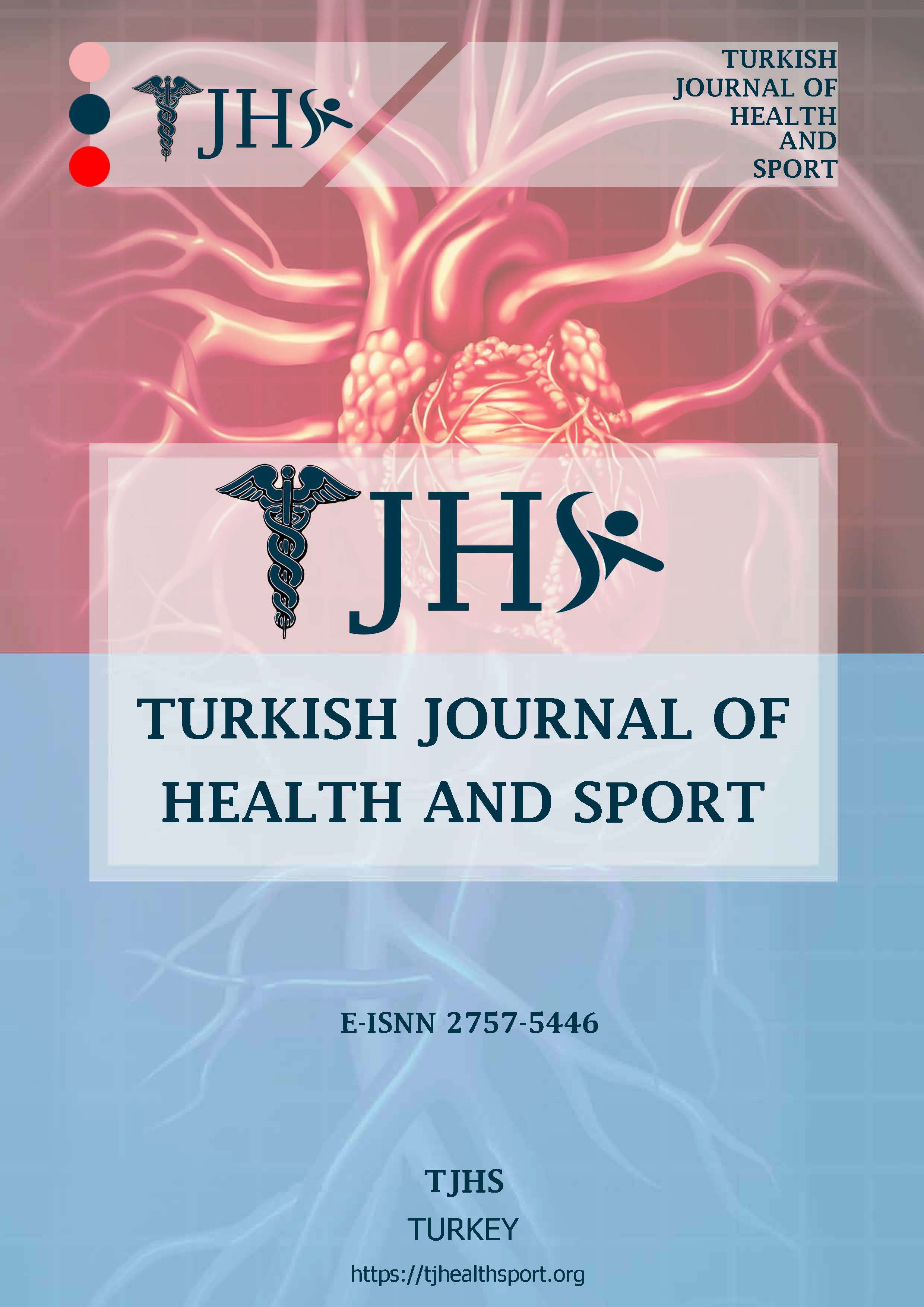Alerjik Rinitli Hastalarda Serum Çinko Değerleri ile Alerjik Rinit Parametreleri Arasındaki İlişkinin Analizi
Author :
Abstract
Giriş/Amaç
Çinko, bağışıklık sisteminde aktif rol oynayan, alerjik inflamatuar hastalıklarla ilişkili önemli bir eser elementtir. Literatürde serum çinko düzeyi ile alerjik rinit hastalığının birlikteliği konusunda yapılan çalışmalarda farklı sonuçlar gösterilmiştir. Bu çalışmanın amacı, alerjik rinitte serum çinko düzeyleri ile tam kan parametreleri arasındaki ilişkiyi araştırmaktır.
Yöntem
Alerjik rinit tanısı alan erişkin yüz otuz iki kişi hasta ve yüz otuz altı kişi sağlıklı kontrol grubu olarak incelenmiştir. Hastalar “Alerjik Rinit ve Astım Üzerindeki Etkisi” kılavuzuna göre değerlendirilmiştir. Hasta grubunda serum total IgE, C reaktif protein düzeyleri ile tüm olguların tam kan parametrelerinde lökosit, nötrofil, eozinofil ve lenfosit sayıları, nötrofil lenfosit oranı, eozinofil lenfosit oranı, platelet lenfosit oranı ve serum çinko değerleri incelenmiş, hasta ve kontrol grubu arasında karşılaştırılmıştır.
Bulgular
Hasta grubunda nötrofil ve eozinofil sayısı, eozinofil lenfosit oranı kontrol grubundan anlamlı olarak daha yüksek bulunmuştur (p<0.05). Hasta grubunda serum çinko değeri kontrol grubundan anlamlı olarak daha düşük tespit edilmiştir (p<0.05). Tek değişkenli modelde vaka ve kontrol grubu hastalarını ayırmada eozinofil, çinko değerinin anlamlı-bağımsız ayırıcı etkisi olduğu gözlenmiştir (p< 0.05).
Sonuç
Çinko, alerjik rinitte inflamasyonda rol alan önemli bir eser elementtir. Serum çinko düzeyi, kanda nötrofil ve eozinofil sayısı, eozinofil lenfosit oranı alerjik rinit hastalarında tanı, tedavi ve takipte kullanılabilecek pratik biyokimyasal göstergelerdir. Çinko eksikliğinin desteklenmesi ile anti alerjik tedavide önemli klinik faydalar sağlanılabileceği düşünülmektedir.
Keywords
Abstract
Background/Aim
Zinc is an essential trace element that plays an active role in the immune system and is associated with allergic inflammatory diseases. In the literature, various results have been shown in studies on the coexistence of serum zinc level and allergic rhinitis. The aim of this study is to investigate the relationship between serum zinc levels and whole-blood parameters in allergic rhinitis (AR).
Method
In this study, patients were evaluated in accordance with the guideline for “Allergic Rhinitis and Its Effect on Asthma”. Serum total Ig E, C-reactive protein levels in the AR group and leukocyte, neutrophil, eosinophil and lymphocyte counts, neutrophil/lymphocyte ratio, eosinophil/lymphocyte ratio, platelet/lymphocyte ratio and serum zinc values in whole-blood parameters of all cases were examined and compared between the AR and control groups.
Findings
Neutrophil and eosinophil counts and eosinophil/lymphocyte ratio were found to be significantly higher in the AR group than in the control group (p<0.05). Serum zinc values in the AR group were significantly lower than those in the control group (p<0.05). In the univariate model, it was observed that the eosinophil and zinc values had a significant-independent differential effect in distinguishing the AR and control group patients (p< 0.05).
Conclusion
Serum zinc level, neutrophil and eosinophil count, eosinophil/lymphocyte ratio in the blood are practical biochemical indicators that can be used in the diagnosis, treatment, and follow-up of patients with allergic rhinitis. It is assumed that with the support of zinc deficiency, important clinical benefits can be achieved in anti-allergic treatment.





